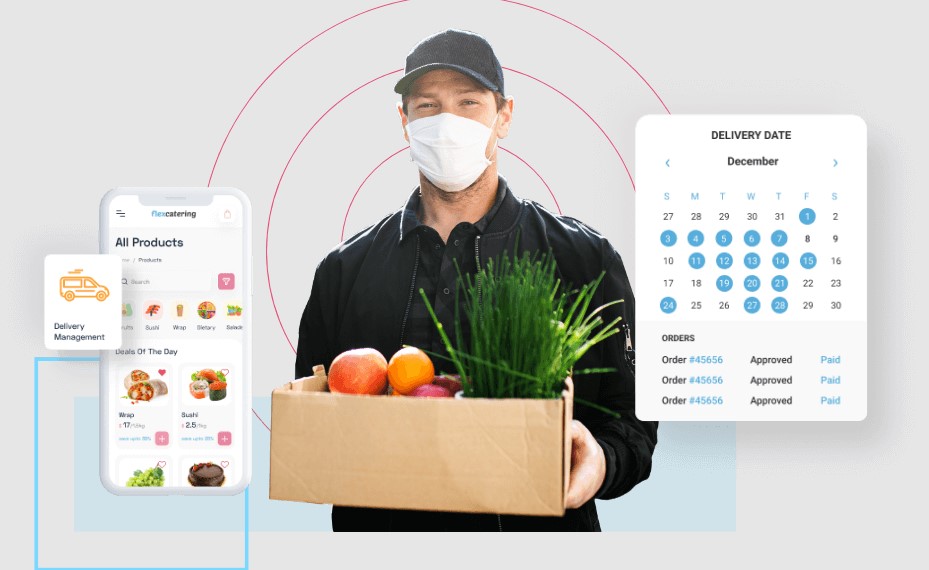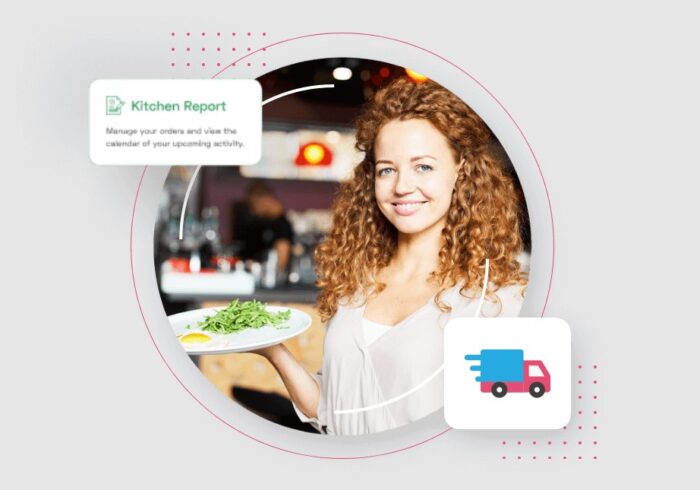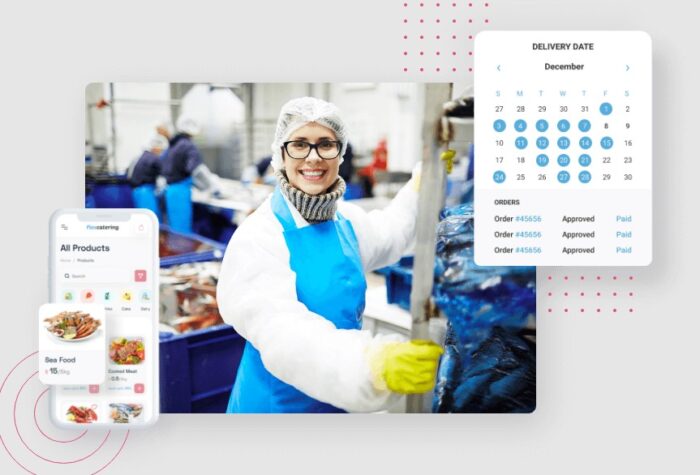
Catering software is a tool that allows businesses to manage their operations more effectively. It can help to improve customer experience, increase profitability, and reduce costs. It also provides valuable data-driven insights that allow businesses to make more informed decisions about their business.
In addition to the obvious benefits of reducing operational costs and improving customer experience, catering software has many other advantages. For example, it helps to automate tasks such as scheduling and planning. It also allows companies to track inventory, and it provides reporting capabilities.
There are several different types of catering software available, and each one has unique features that make them more appealing to different businesses. However, there are a few key things that all catering software should have.
Integrations & Customization
The best catering software should be able to integrate with other platforms you use to run your business, including email services and customer relationship management (CRM) systems. This will allow you to streamline your workflow and eliminate duplicate entries and manual record updates, which will save you time and money in the long run.
Menu Building & Invoicing
The right catering software should provide a platform for chefs to create and manage custom menus. It should also allow them to create and send invoices and collect online payments from clients.
Bookings Calendar
It is essential for any caterer to have a booking calendar to keep track of upcoming events and reservations. The ideal catering software should be able to sync with your existing electronic calendar and offer automated booking processes that simplify the scheduling process so you spend less time on it and more time growing your business.
Catering software should also have robust reporting capabilities to help businesses monitor and track key performance indicators such as food cost percentages. This information can be used to identify areas of improvement and take corrective action when necessary.
Order Management
Another important benefit of catering software is the ability to track orders throughout their entire cycle – from placement to delivery. This allows providers to efficiently and effectively manage their inventory, which is essential in delivering quality meals at competitive prices.
Employee Scheduling
A good catering software should be able to automatically schedule employees and notify them of their shifts as needed. This will help to avoid staff conflicts and ensure that all employees have the resources they need to fulfill their duties.
Client Portal
Catering software should also have a client portal that allows customers to view their orders and payment statuses. This will help to increase customer satisfaction and improve brand loyalty.
Mobile Accessibility
The best catering software should be able to be accessed from any device with an internet connection. This will make it easier for staff to access and update customer records when they are on the go.
There are numerous catering software options that can meet the needs of any business, but it is critical to analyze your specific business needs before making a final decision. By doing this, you will be able to find a solution that best meets your requirements and goals.










